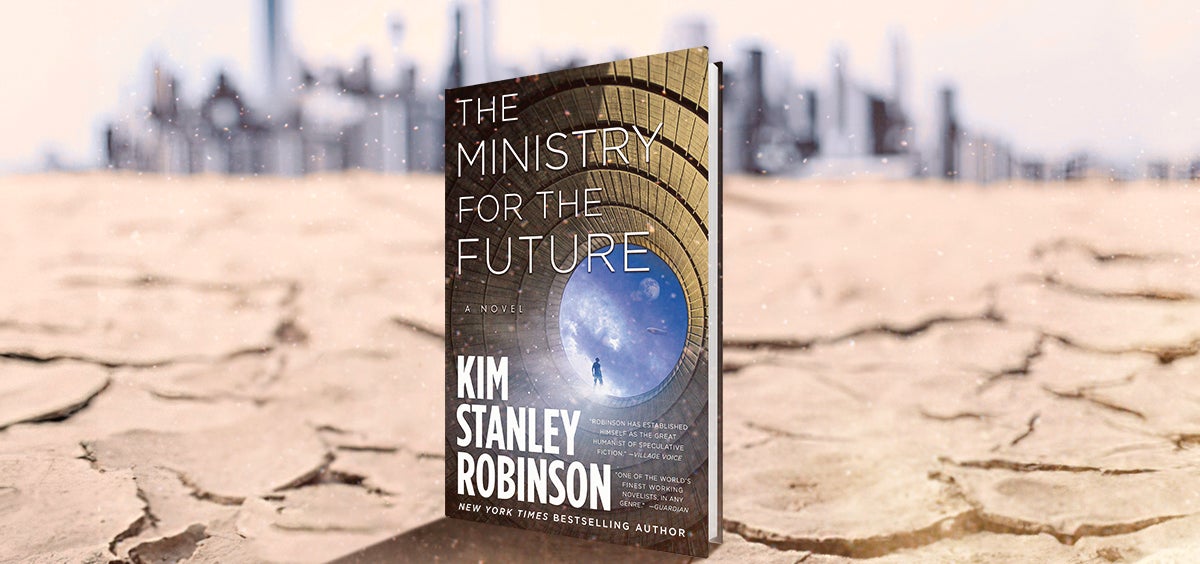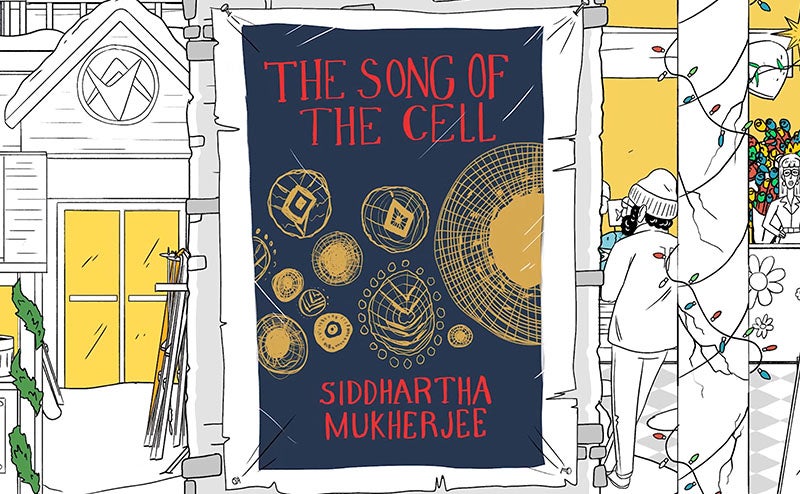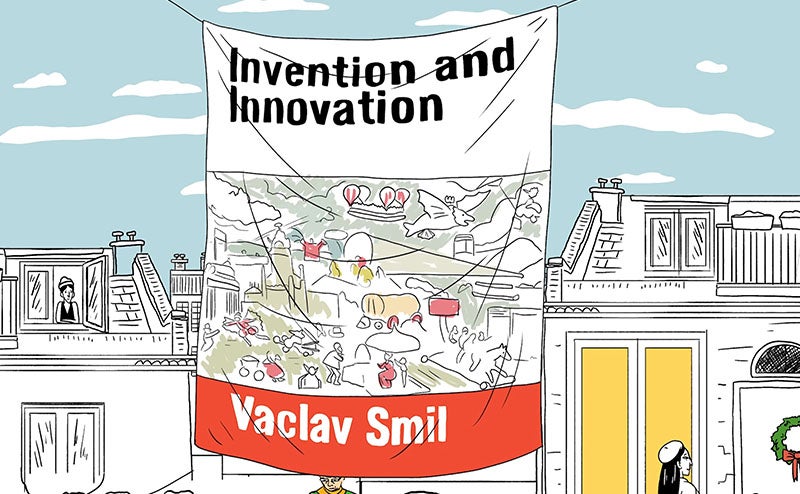If we’re going to avoid a climate disaster, we need to find better ways to do pretty much everything.
Last year, after my book on climate change came out, several friends told me I should read a novel called The Ministry for the Future, by Kim Stanley Robinson. They thought of it, they said, because it explained something in great detail that I spent only one chapter on in my book: the consequences of failing to deal seriously with climate change. It explained the science well, told a great story, and had a surprisingly hopeful ending.
I finally had time to take my friends’ advice earlier this year, and I’m glad I did. The Ministry for the Future does a better job than any other book I’ve read of playing out, in a dramatic but realistic way, how high temperatures can literally kill people. Like a lot of hard science fiction—I’m thinking of someone like Neal Stephenson, whose books I love—it explains a lot of the science well. And although I don’t agree with all the things people do in the novel to address the problem, it has a lot of intriguing ideas.
The Ministry for the Future opens a few years from now during a historic heat wave in Uttar Pradesh, India—where Frank May, an American aid worker, is doing everything he can to save lives. But it’s not working. As day after day passes without a drop in temperature or humidity, the electric grid eventually gives out, turning life into an inferno for everyone who lives in the north Indian state.
Desperate, many rush to the nearest lake, hoping it will offer some relief—but its water is scorching, too. By the end of the heat wave, more than twenty million people are dead, and Frank has barely survived.
It’s as harrowing a scene as any I’ve read in a science fiction book—because the events depicted in it could very well take place in the real world. I don’t think we’re going to experience heat waves precisely as long or as severe as the one in the book over the next few years. But if we don’t decisively reduce carbon emissions and eventually eliminate them, in the decades ahead we could very well see successive days when there’s a deadly combination of extremely high temperatures and high humidity. (Just last month, parts of northern India experienced temperatures of around 60 degrees Celsius, or about 140 degrees Fahrenheit.)
But this is not a hopeless book. Over the course of the novel’s 106 (!) short chapters, Robinson presents a stimulating and engaging story, spanning decades and continents, packed with fascinating ideas and people.
Alongside Frank, another main character is Mary Murphy, a diplomat who runs the fictional Ministry for the Future, an organization formed by the United Nations when the Paris Climate Agreement’s signatories fail to meet their targets. Their mission is “to advocate for the world’s future generations of citizens, whose rights, as defined in the Universal Declaration of Human Rights, are as valid as our own.” What that really means is they are charged with doing everything they can to fight climate change and save humanity. And by the end of the book— without giving too much away—they find some success.
In Robinson’s story, there isn’t a single solution to climate change, just as there won’t be in the real world. Instead, he weaves together stories about many new policies and innovations, all of which work together to avert disaster. Some of these ideas are really intriguing, like the idea of the Ministry for the Future itself. If we want to address climate change, then our political institutions will have to start doing what the Ministry does: acting on behalf of future generations.
Another major idea featured in the book is the carboni, a new reserve currency backed by the world’s major central banks and designed to incentivize decarbonization. Companies are paid in carboni whenever they remove carbon from the atmosphere or prevent more emissions from going out.
It’s an interesting idea. Creating carboni would be tantamount to putting a price on carbon that reflects the damage it does, which is an idea that I support. But it has downsides too, because it’s a zero-sum solution it would require people to make tradeoffs with finite resources. It might encourage you to spend your life on carbon removal instead of, say, being a teacher or farmer. That tradeoff comes at a cost—society ends up with fewer teachers or a less productive agricultural sector.
I wish Robinson had spent more time on broad solutions that enable us to get to zero emissions while helping people escape poverty: better seeds that don’t require as much fertilizer and can withstand changing weather, or ways to create cement and steel without emitting carbon.
But these are minor disagreements. The Ministry for the Future is a great read. Robinson has written a novel that presents the urgency of this crisis in an original way and leaves readers with hope that we can do something about it. The next chapter in the story of our planet is still being written, and the ending is up to us.





